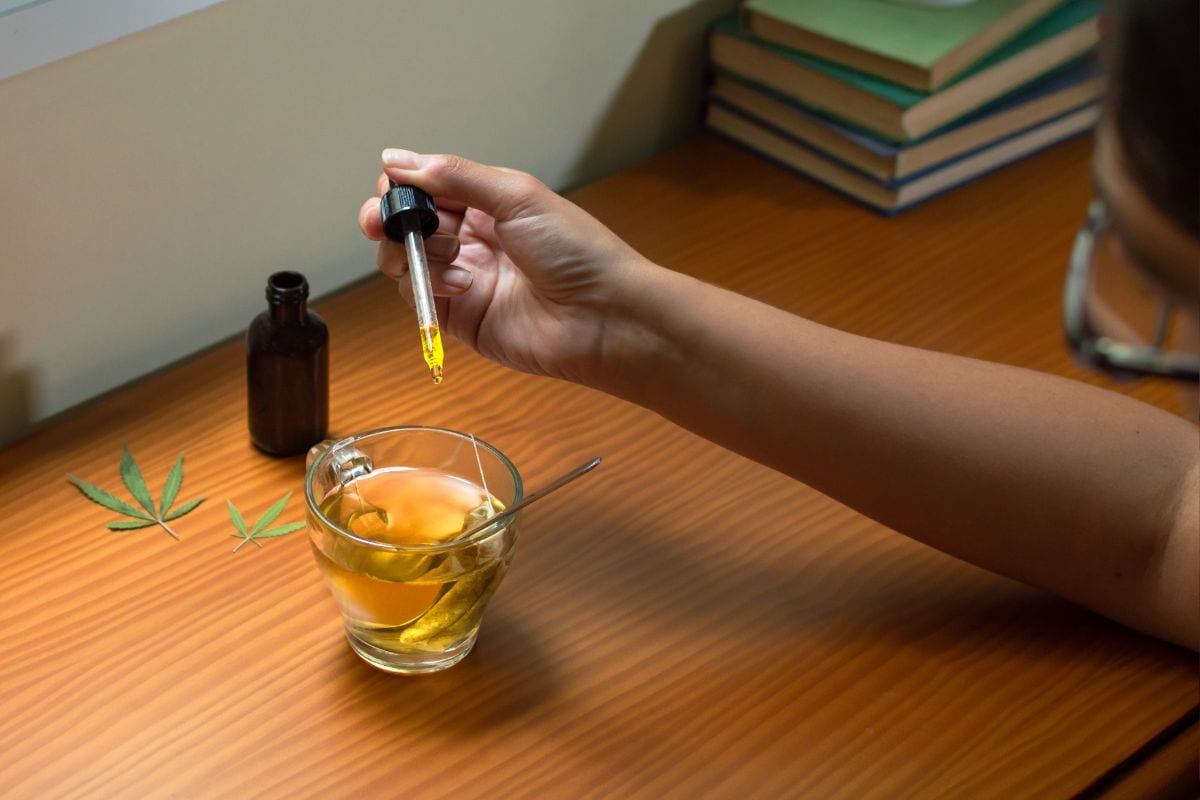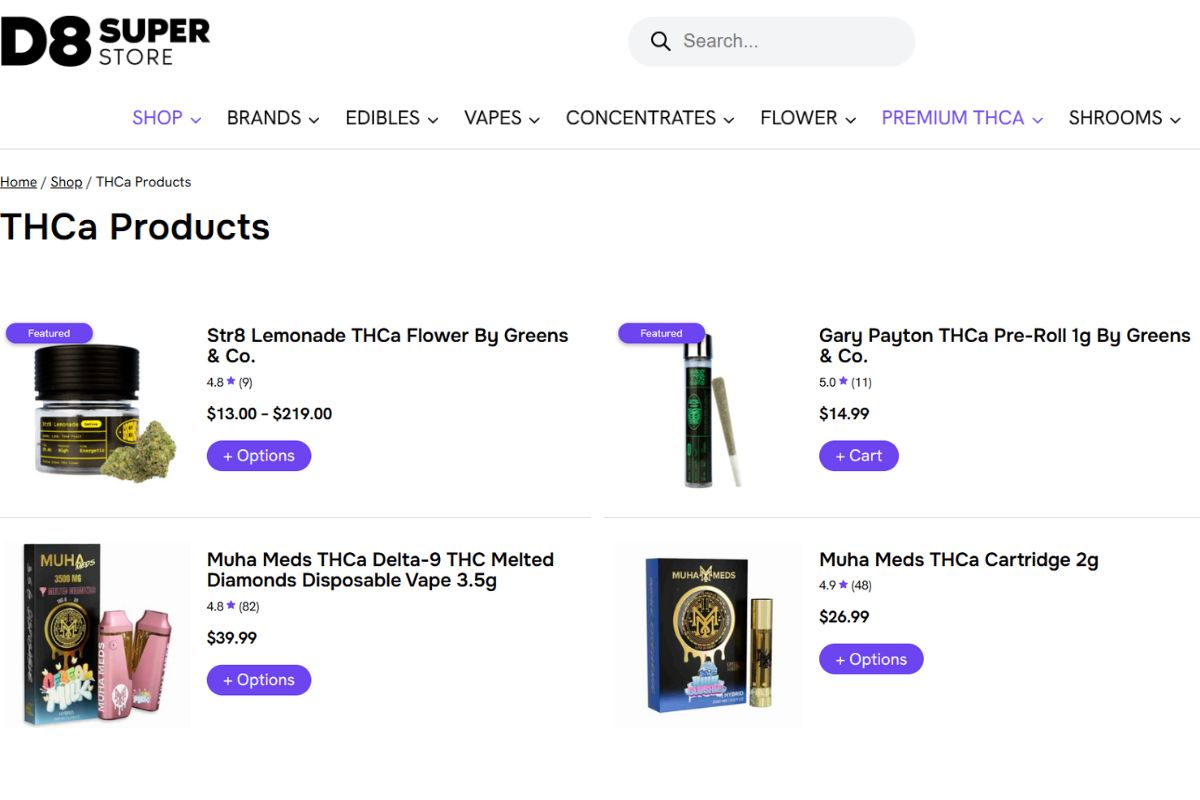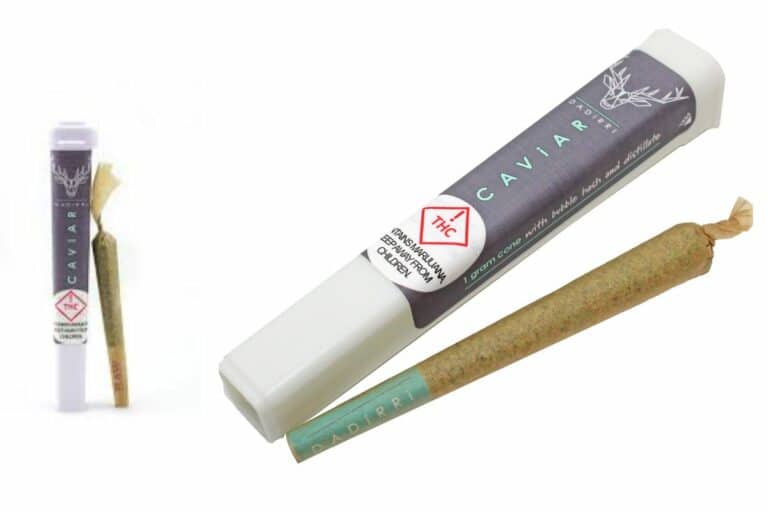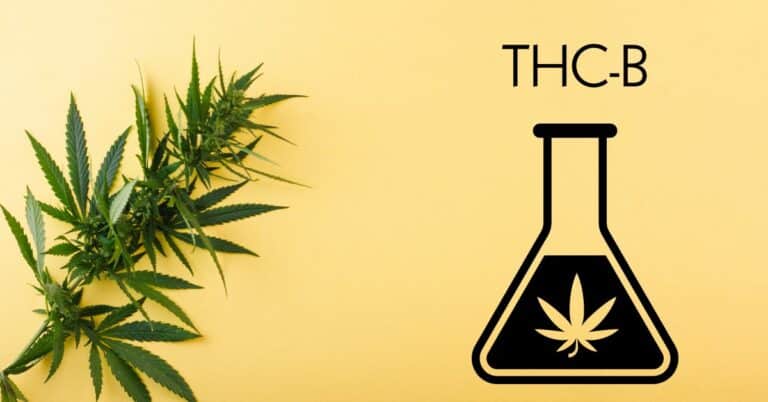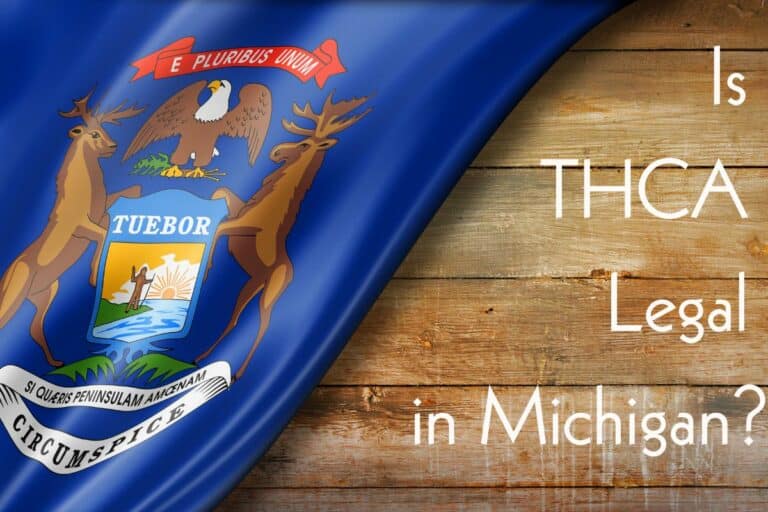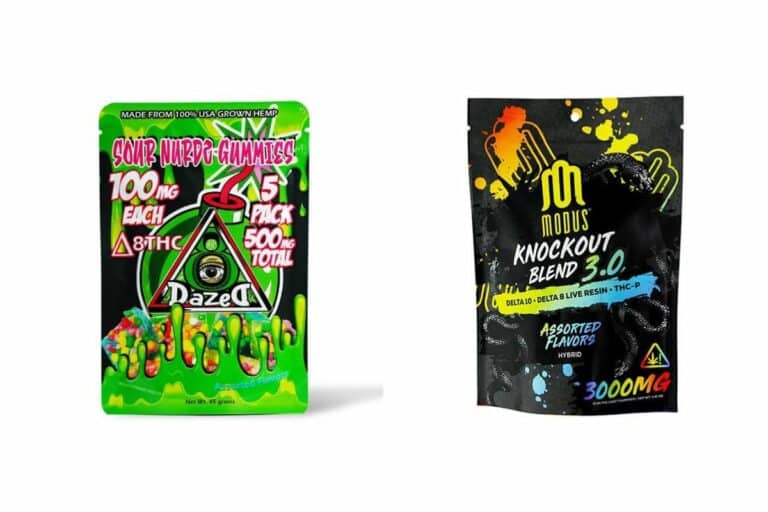Microdosing THC: A Practical Guide
Introduction to Microdosing Cannabis
Microdosing cannabis has gained widespread attention as a way to tap into the therapeutic benefits of THC while avoiding the common side effects associated with higher doses, particularly the subtle effects that can be beneficial. For many people, cannabis is an effective tool for managing pain, reducing anxiety, improving focus, and even enhancing creativity.
However, consuming too much THC can lead to unwanted effects, such as paranoia, memory loss, and impaired motor skills. This is where microdosing comes in: by consuming very low doses of low dose thc through methods such as microdose gummies —typically between 1 and 5 milligrams—individuals can experience the benefits without feeling “high”.
- Introduction to Microdosing Cannabis
- What Is Microdosing THC?
- How Microdosing Works in the Body
- Benefits of Microdosing THC
- Microdosing THC for Medical Conditions
- Different Methods of Microdosing THC
- How to Start Microdosing THC
- Who Should Avoid Microdosing THC?
- Choosing the Right Microdosing Product
- Final Thoughts on Microdosing THC
- FAQs: Microdosing THC
- 1. What is microdosing THC?
- 2. How do I know if microdosing THC is right for me?
- 3. How do I start microdosing THC?
- 4. Can microdosing THC help with anxiety or stress?
- 5. Will microdosing THC make me feel "high"?
- 6. Can microdosing THC improve sleep quality?
- 7. How long does it take to feel the effects of microdosing THC?
- 8. What are the best methods for microdosing THC?
- 9. Is microdosing THC safe?
- 10. Can microdosing THC help with pain management?
- 11. Can microdosing THC be used to treat depression?
- 12. Should I consult a doctor before starting a microdosing regimen?
- 13. Is microdosing THC legal?
- 14. Can microdosing THC improve cognitive function?
- 15. Can microdosing THC help with PTSD?
- 16. Are there any side effects of microdosing THC?
- 17. How do I know if I'm taking too much THC while microdosing?
Microdosing allows users to manage various health conditions with precision, achieving the desired effects without the risks associated with higher doses. It’s not just for those looking to alleviate physical pain; microdosing THC can also help improve mental clarity, reduce stress, and be effective for treating insomnia symptoms.
What Is Microdosing THC?
Microdosing THC involves taking very low doses, usually around 1-2 milligrams of low dose thc, which is below the threshold that would induce psychoactive effects.
Which is below the threshold that would induce psychoactive effects. It is about finding the right balance where you can experience the therapeutic effects of cannabis is crucial in microdosing. without the intense high that typically comes with higher thc doses.
Microdosing has been shown to provide subtle effects that offer powerful relief and beneficial effects from conditions like chronic pain, anxiety, and insomnia. The practice allows users to maintain normal daily functioning while still benefiting from the therapeutic effects of cannabis. Unlike conventional methods of cannabis consumption, microdosing emphasizes moderation and often involves low dose thc.
How Microdosing Works in the Body
The endocannabinoid system (ECS) is responsible for maintaining homeostasis in the body. It regulates various biological functions, including mood, memory, pain sensation, and appetite. When THC is consumed, it binds to cannabinoid receptors in the ECS, particularly CB1 receptors located in the brain. By doing so, THC can influence mood, pain perception, and other cognitive processes, offering benefits for medical marijuana patients, including its potential neuroprotective effects.
In microdosing, the low levels of THC administered interact with these receptors in a more controlled and balanced way. Rather than producing a euphoric high, microdosing helps regulate the body’s natural rhythms, providing relief from pain, anxiety, and stress without overwhelming the system or using cannabinoid extract.
Benefits of Microdosing THC
| Benefit | Description |
|---|---|
| Enhanced Focus & Clarity | Low doses may help improve mental clarity, making it easier to concentrate. |
| Reduced Anxiety | Microdosing can offer calm without the overwhelming psychoactive effects. |
| Mood Stabilization | May support emotional balance and reduce mood swings. |
| Improved Creativity | Light THC stimulation can enhance creative thinking and problem-solving. |
| Pain Relief | Provides subtle pain management without sedation or cognitive impairment. |
| Better Sleep Quality | Some users report improved sleep patterns and reduced nighttime restlessness. |
| Increased Sociability | May help reduce social anxiety and promote relaxed, engaging interactions. |
| Minimal Intoxication | You get the therapeutic benefits without feeling “high” or impaired. |
| Supports Everyday Functionality | Allows for symptom relief while maintaining productivity and daily routines. |
| Potential Neuroprotective Effects | Early research suggests low-dose THC may support brain health over time. |
Microdosing offers several significant benefits and potential benefits , particularly for those seeking a more balanced approach to cannabis use. It allows users to experience positive effects without the risk of undesirable side effects, such as significant psychoactive effects that can heighten anxiety or adverse effects on coordination. or impair coordination.
Pain Relief
Chronic pain can be debilitating, and traditional pain medications often come with unwanted side effects, such as dependence or digestive issues. Microdosing THC can offer a natural alternative for pain management without the risk of intoxication. Whether it’s for conditions like arthritis, fibromyalgia, or neuropathic pain, small doses of THC have been shown to reduce inflammation and alleviate discomfort effectively.
Research has indicated that THC works well in combination with CBD (cannabidiol), another cannabinoid in cannabis. When used together, they may provide enhanced pain relief and enhanced focus while minimizing side effects, as suggested by various animal studies.
Improving Sleep Quality
For those struggling with sleep disorders, microdosing THC can be a game-changer. Many people use cannabis to help them fall asleep, but higher doses can lead to grogginess or disrupt the sleep cycle. Microdosing THC promotes relaxation, reduces stress, and helps people get the rest they need for treating insomnia symptoms , especially when taken in small doses, without feeling drowsy the next day.
Cannabis works by influencing the body’s melatonin levels, which are responsible for regulating sleep. When consumed in small amounts, THC can support a natural sleep cycle while also promoting enhanced focus ithout impairing cognitive performance.
Anxiety and Stress Reduction
Microdosing THC has proven effective for people experiencing anxiety and stress. While high doses of THC can exacerbate feelings of paranoia, they can also heighten anxiety responses, using marijuana flower or cannabinoid extract for microdosing offers a more controlled experience, particularly in managing nonmnemonic alzheimer’s disease symptoms . A small amount of THC helps users feel more relaxed, focused, and at ease, contributing to reduced anxiety which can be particularly useful in high-pressure situations, such as public speaking or social gatherings.
Incorporating microdosing into a daily routine may also reduce overall anxiety levels, helping individuals feel more balanced throughout the day, thus helping individuals feel more balanced throughout the day, avoiding unwanted effects of higher doses, including adverse effects and significant psychoactive effects that can disrupt daily life. that can heighten anxiety responses. that can heighten anxiety responses, making microdosing a preferable option.
Cognitive Enhancement
Microdosing THC is not just for physical conditions; it can also be used to enhance cognitive function. Many users report enhanced focus, mental clarity, and creativity when microdosing. Rather than impairing memory or cognition like higher doses of THC, microdosing rather than impairing memory or cognition, microdosing promotes a state of heightened awareness, which can enhance cognitive performance for tasks.
In fact, studies suggest that microdosing may even help improve neuroplasticity, which is important for understanding dose related effects the brain’s ability to form new connections and adapt to change.
Reduced Symptoms of Depression
Cannabis has been found to have mood-enhancing properties, making it a useful tool for those dealing with depression. Microdosing THC provides a gentle way to achieve mood enhancement for medical marijuana patients without causing the intense, euphoric highs associated with larger doses.
It can help promote emotional responses that create feelings of well-being and stability, showcasing its therapeutic benefits for patients, especially for individuals who experience low mood and may benefit from medical cannabis. periods of low mood or emotional distress.
Microdosing THC for Medical Conditions
Beyond general wellness, research studies on microdosing THC have demonstrated effectiveness in managing specific medical conditions. Below are some examples of how microdosing can be applied to treat various ailments using a suitable cannabis product. including those affected by acute psychosocial stress.
Chronic Pain
For people with chronic pain, microdosing provides a more sustainable solution than traditional pain medications. Studies have shown that low doses of THC can reduce pain perception and improve quality of life without causing significant impairment, reflecting the potential benefits of microdosing , which can be particularly valuable for those with drug and alcohol dependence.
In particular, microdosing is effective for conditions like neuropathy and multiple sclerosis, offering a natural alternative for individuals with drug and alcohol dependence.
Alzheimer’s Disease and Cognitive Impairment
Emerging research suggests that microdosing THC can be beneficial for individuals with Alzheimer’s disease and other cognitive impairments, particularly due to its neuroprotective effects. According to medical case reports, THC has neuroprotective properties, which may help preserve brain function and reduce cognitive decline, contributing to its therapeutic benefits and beneficial effects , as previously reported in medical literature.
It can also It can also alleviate anxiety, agitation, and other nonmnemonic alzheimer’s disease symptoms, contributing to a better quality of life, especially when cannabinoid medicine compared to traditional treatments.
Cannabis compounds, including THC and CBD, have shown promise in improving neurotransmitter release, memory, and focus, particularly when considering the synergistic effects of THC and CBD, making microdosing a potential therapeutic option for individuals with dementia or other cognitive disorders, as it minimizes dose related effects. without pronounced psychoactive effects.
Memory, and focus, particularly when considering the synergistic effects of thc and cbd, making microdosing a potential therapeutic option for individuals with dementia or other cognitive disorders.
Managing Post-Traumatic Stress Disorder (PTSD)
PTSD is a condition that affects many individuals, particularly those who have experienced trauma in their lives. Cannabis has been shown to help manage symptoms of PTSD, such as hyperarousal, flashbacks, and anxiety. Microdosing THC can help reduce the severity of these symptoms, providing significant symptom relief and enhancing cannabinoid effects, especially in cases where pain relief is a priority , especially for medical marijuana patients.
Providing significant symptom relief and enhance cannabinoid effects , making it a viable option for pain management when cannabinoid medicine compared, ile promoting stress relief, relaxation, and calm.
Different Methods of Microdosing THC
| Method | Description | Ideal For |
|---|---|---|
| Tinctures | Liquid THC drops placed under the tongue for fast absorption and dose control. | Precise dosing, quick onset, discreet daily use. |
| Edibles (Low-dose) | Gummies, chocolates, or mints with 1–2.5mg THC per serving. | Long-lasting effects, slow onset, convenient for beginners. |
| Capsules | Pre-measured THC oil capsules for consistent dosing. | Consistency, ease of use, and no flavor. |
| Vape Pens | Inhalable THC with precise puff control. | Fast-acting relief, on-the-go use, anxiety or pain management. |
| Beverables (THC Drinks) | Microdose THC infused drinks (sparkling water, teas, etc.). | Social settings, hydration with a mellow lift. |
| Topicals | Creams or balms infused with THC for localized relief (non-psychoactive). | Pain relief, inflammation, without mental effects. |
| Transdermal Patches | THC-infused skin patches for slow, steady absorption. | Long-term relief, all-day microdosing, discreet medical use. |
There are various ways to consume THC in microdoses, exploring various microdosing methods ach with its advantages and potential drawbacks. Here’s a look at the most popular methods for precise dosing.
Edibles
Edibles are a popular choice for microdosing because they provide precise dosages. Microdose gummies, chocolates, and other cannabis-infused snacks offer a controlled way to consume small amounts of THC. The onset of effects can take anywhere from 30 minutes to two hours, so it’s important to be patient and avoid taking more if you don’t feel immediate effects.
Tinctures
Tinctures are liquid cannabis extracts that can be taken sublingually for fast absorption, similar to microdose gummies, which offer a different method for consum . They provide a highly accurate way to microdose, as the dropper can be used to measure small amounts of THC. Tinctures are especially useful for those who prefer not to smoke or vape, offering a discrete and easy-to-dose option.
Vaping
Vaping cannabis offers quick onset effects, vaping cannabis offers quick onset effects, making it ideal for those who need fast relief from symptoms. Vape pens and portable vaporizers can be used to microdose THC on the go. Since the effects are felt almost immediately, users can easily adjust their dosage to find the right amount.
Topicals
Topical medicinal cannabis products, such as creams, balms, and lotions, are primarily used for localized pain relief. While they do not produce psychoactive effects, they can be effective for people who need microdoses for conditions like muscle pain or inflammation. These products are absorbed through the skin and provide targeted relief.
How to Start Microdosing THC
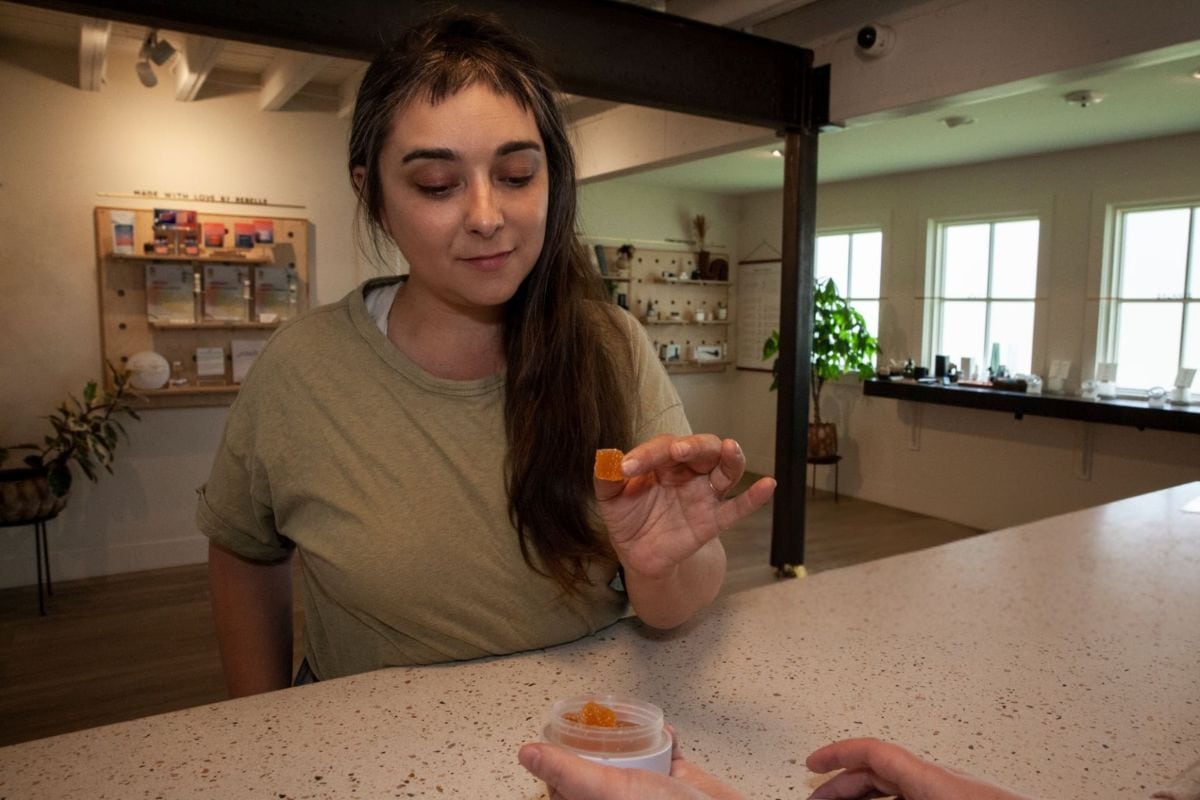
If you’re new to cannabis, it’s important to start slowly to avoid potential side effects. Here’s a guide to help you get started with products like microdose gummies.
Step 1: Choose the Right Product
Start with a product that offers precise dosage information. Microdose edibles or tinctures that list THC content per serving are good choices.
Step 2: Start Low and Go Slow
Begin with a dose of 1-2 mg of THC from microdose gummies. Wait for at least two hours before considering another dose. to ensure you understand how it affects your body.
Step 3: Monitor Your Response
Keep track of how you feel after taking the microdose. Are you more relaxed? Is your pain decreasing? Record your experience to help you adjust your dose over time.
Step 4: Gradually Adjust Your Dosage
Once you feel comfortable with your starting dose, you can gradually increase the amount if necessary. Always be mindful of how the THC affects you and adjust accordingly.
Who Should Avoid Microdosing THC?
| Group | Reason to Avoid THC Microdosing |
|---|---|
| Pregnant or Breastfeeding Women | THC may affect fetal development or pass through breast milk; safety is not well-established. |
| Individuals with a History of Psychosis or Schizophrenia | THC can potentially trigger or worsen symptoms of mental health disorders. |
| Teens and Young Adults (<25) | The developing brain is more sensitive to THC, which may impact cognitive and emotional development. |
| People Under Drug Testing Requirements | Even small doses can result in a positive drug test and affect employment or legal status. |
| Those Sensitive to THC | Some individuals may feel anxiety, dizziness, or discomfort even with very low doses. |
| People Taking Certain Medications | THC can interact with medications like blood thinners, antidepressants, or sedatives. |
| Individuals with Liver Issues | THC is metabolized by the liver, so impaired liver function may increase risks or side effects. |
While microdosing can be beneficial for many, there are some people who should avoid cannabis altogether, especially in any form, particularly for those with alcohol dependence or related issues.
Mental Health Conditions
Individuals with certain medications and mental health conditions, such as schizophrenia or bipolar disorder, should be cautious when considering cannabis use. THC can exacerbate symptoms of these disorders, especially in higher doses.
Pregnancy and Breastfeeding
Cannabis use during pregnancy and breastfeeding is not recommended, as it can pose risks to the developing fetus or infant.
Drug Interactions
Cannabis can interact with medications such as blood thinners and antidepressants. Always consult a healthcare provider familiar with cannabinoid medicine if you’re on medication, particularly when considering mg of thc for your regimen.
Choosing the Right Microdosing Product
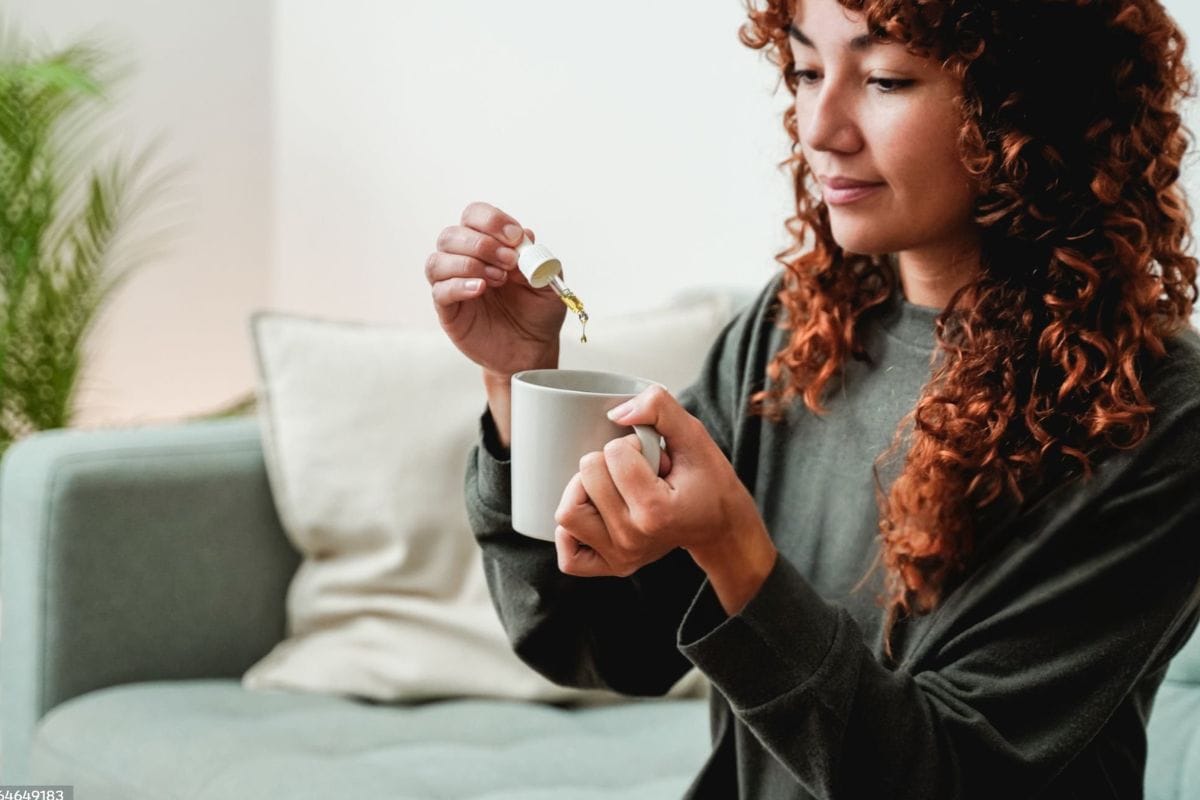
When selecting a product for microdosing, such as microdose marijuana choose one that is lab-tested and provides clear information about its THC content. Trusted brands will ensure that you get the exact dosage you’re looking for.
Final Thoughts on Microdosing THC
Microdosing offers a range of benefits, from pain relief to improved cognitive function. By choosing the right product, including a suitable cannabis product like medicinal cannabis, users can maximize their benefits through precise dosing.
you can integrate microdosing into your wellness routine effectively and exploring medicinal microdosing options such as microdose marijuana , and starting with a low dose, individuals can unlock the therapeutic potential of THC without the risk of unwanted side effects.
Conclusion
Microdosing cannabis can be a valuable and controlled way to experience the benefits of THC. By starting slowly and using high-quality products that offer rapid onset , it can help improve your overall well-being, including enhancing your sleep quality.
As more research is conducted, microdosing could become an even more popular and effective method for enhancing both physical and mental health.
FAQs: Microdosing THC
1. What is microdosing THC?
Microdosing THC refers to consuming small, sub-threshold doses of THC, typically between 1 and 5 milligrams, to experience the therapeutic benefits of cannabis without the psychoactive effects commonly associated with higher doses. It allows individuals to achieve relief from conditions like pain, anxiety, and stress without feeling “high”.
2. How do I know if microdosing THC is right for me?
Microdosing THC can be beneficial for individuals seeking therapeutic benefits from cannabis without the psychoactive effects. It is ideal for those looking to manage chronic pain, reduce anxiety, improve sleep, or enhance cognitive function.
However, it is essential to start with a low dose and monitor your body’s response. If you have any underlying medical conditions or are on medication, especially concerning mg of thc consult a healthcare provider before beginning a microdosing regimen.
3. How do I start microdosing THC?
Start with a low dose, around 1-2 milligrams of THC, and wait for 1-2 hours to assess the effects. If you feel no adverse effects, you can gradually increase the dose. It’s essential to keep a record of your experiences to better understand how microdosing impacts your body and mind. Start slow and increase dosage cautiously to avoid overstimulation.
4. Can microdosing THC help with anxiety or stress?
Yes, microdosing THC can help with anxiety and stress by promoting relaxation without causing overwhelming psychoactive effects. A small amount of THC interacts with the body’s endocannabinoid system to help regulate mood and reduce feelings of anxiety. However, some individuals may experience heightened anxiety at higher doses, so it’s important to start with low doses.
5. Will microdosing THC make me feel “high”?
Microdosing THC is designed to minimize or eliminate the “high” associated with regular cannabis use. When done correctly, microdosing allows individuals to experience the therapeutic effects of THC—such as pain relief or relaxation—without the intense euphoria or intoxication.
6. Can microdosing THC improve sleep quality?
Yes, microdosing THC has been shown to improve sleep quality. It can help individuals fall asleep faster, reduce night-time awakenings, and promote deeper, more restful sleep. Since it doesn’t induce the grogginess that can come from higher doses, microdosing THC is an effective way to improve sleep without disrupting daily functioning.
7. How long does it take to feel the effects of microdosing THC?
The onset of effects from microdosing THC depends on the consumption method. Edibles and tinctures can take 30 minutes to 2 hours to take effect, while vaping provides quicker onset, typically within 10-15 minutes. Be sure to start with a low dose and wait for the full effects before considering increasing your dosage, especially if you’re concerned about the potential risks associated with higher thc doses .
8. What are the best methods for microdosing THC?
Common methods for microdosing THC include edibles (such as gummies), tinctures, vaping, and topicals. Edibles and tinctures provide precise dosing, making them ideal for microdosing. Vape pens and portable vaporizers offer quick onset effects, while topicals are more suitable for localized pain relief. It’s essential to find the method that best suits your needs and preferences.
9. Is microdosing THC safe?
Microdosing THC is generally considered safe when done correctly. It allows individuals to experience the benefits of cannabis without the risk of intense intoxication. However, as with any substance, it’s important to use cannabis products in moderation. Always start with a low dose and gradually adjust as needed. Be mindful of potential interactions with other medications or underlying health conditions. If unsure, consult a healthcare professional.
10. Can microdosing THC help with pain management?
Yes, microdosing THC is a promising option for chronic pain management. Low doses of THC can reduce inflammation and alleviate pain without Yes, microdosing THC is a promising option for chronic pain management. Low doses of THC can reduce inflammation and alleviate pain without the risk of severe intoxication or side effects associated with high dose thc. Microdosing may be particularly beneficial for conditions like arthritis, fibromyalgia, and neuropathic pain.
11. Can microdosing THC be used to treat depression?
Microdosing THC may help individuals with depression by improving mood and promoting relaxation. Low doses of THC can increase feelings of well-being and emotional stability. However, it is important to note that cannabis affects everyone differently, and it may not be effective for everyone dealing with depression. Always consult a healthcare professional before using cannabis to treat any mental health conditions.
12. Should I consult a doctor before starting a microdosing regimen?
Yes, it is always recommended to consult a healthcare provider before starting any new treatment regimen, including microdosing THC. This is especially important if you are on medications or have underlying health conditions. Your doctor can provide guidance on the appropriate dosage and method of consumption and help you avoid potential interactions with other medications.
13. Is microdosing THC legal?
The legality of microdosing THC depends on the jurisdiction in which you live. In areas where cannabis is legal for medical or recreational use, microdosing THC is likely to be legal as well. However, it is important to familiarize yourself with the specific laws and regulations in your region regarding cannabis consumption.
14. Can microdosing THC improve cognitive function?
Microdosing THC has the potential to enhance cognitive function, such as improving focus, creativity, and mental clarity. Small doses of THC are believed to support neuroplasticity, the brain’s ability to form new connections. Microdosing may also help improve memory, concentration, and cognitive performance in some individuals, particularly those with mild cognitive impairment or Alzheimer’s disease.
15. Can microdosing THC help with PTSD?
Yes, microdosing THC may help individuals with post-traumatic stress disorder (PTSD) manage symptoms like hyperarousal, flashbacks, and anxiety. THC interacts with the body’s endocannabinoid system, which plays a role in regulating emotional responses. By microdosing THC, individuals may experience reduced symptoms of PTSD without the heightened paranoia or anxiety that can occur with higher doses.
16. Are there any side effects of microdosing THC?
Side effects of microdosing THC are minimal, but they can occur, particularly if the dose is too high. Some potential side effects include mild dizziness, dry mouth, or slight changes in mood. If you experience any negative effects, especially when using larger doses it’s best to reduce the dose or discontinue use. As with any cannabis use, it is essential to start with low doses and monitor how your body responds.
17. How do I know if I’m taking too much THC while microdosing?
If you begin to feel overly relaxed, fatigued, or experience any of the typical “high” effects, you may be taking too much THC. If you feel anxious, paranoid, or overly intoxicated, reduce your dose. Microdosing is meant to provide therapeutic benefits without causing these intense effects, so it’s important to start with very small amounts and adjust accordingly.

